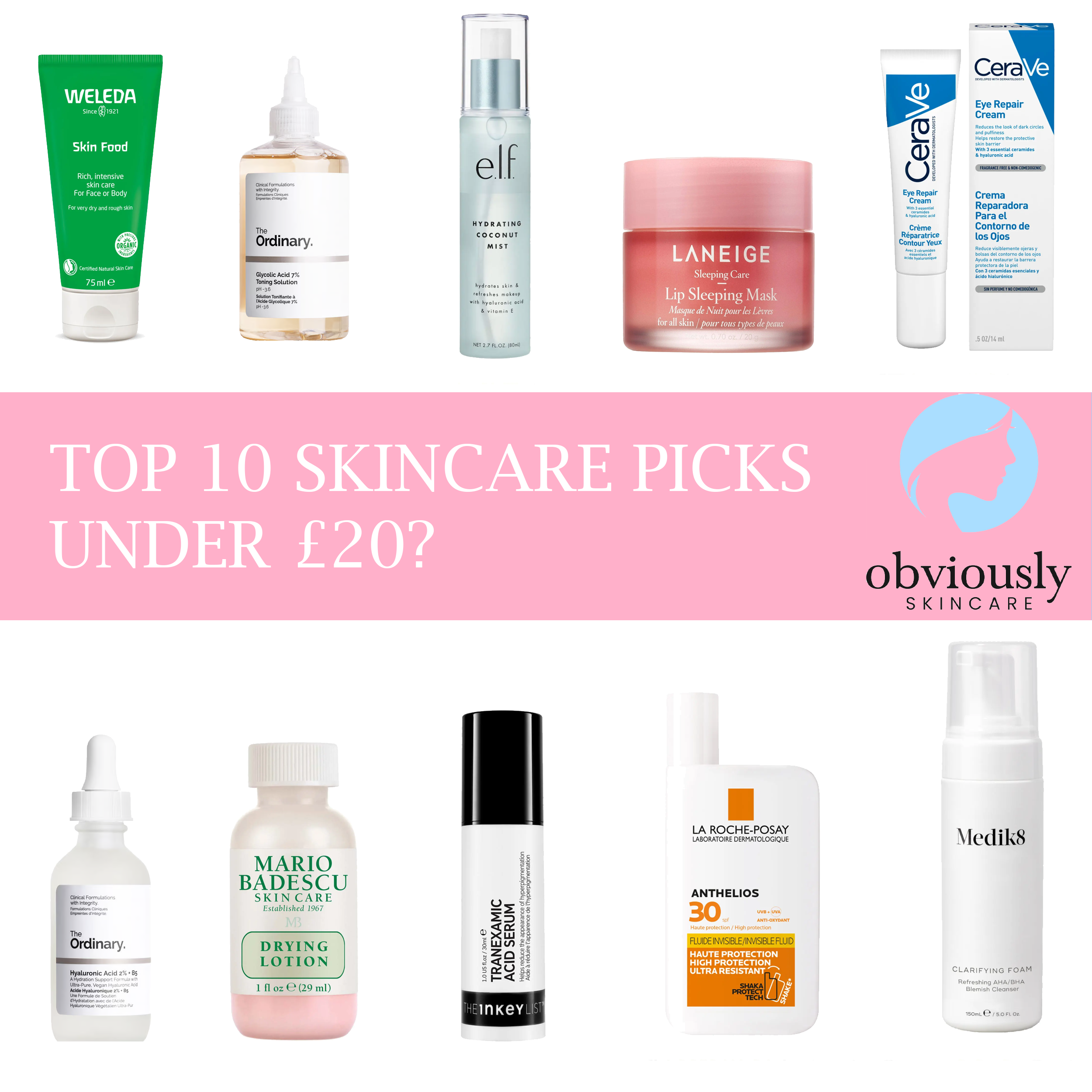It can be tempting to jump into the shower and crank up the water to hot after a long day. After all, a hot shower can provide some much needed relaxation especially during the winter months. Hot showers could be damaging your skin however, here’s why;
Hot showers can cause skin dryness and irritation
Hot water has the potential to strip the skin of it’s natural oils required for effective function; this can compromise the natural skin barrier function. This not only means dry facial skin, but the rest of your body can be dry too. Wondering why you’ve been using all that extra moisturiser as of lately? Could be down to the hot shower.
Dry skin is more prone to cracking, peeling and irritation. Dry skin can also inadvertently cause breakouts. Dryness causes the skin to produce more oil to help hydrate and replenish lost moisture; this excess oil production is the mechanism through which pores could get blocked resulting in acne.
Hot showers can aggravate certain skin conditions, including eczema and psoriasis
Hot showers will dry out your skin, by doing so you could be making skin conditions such as eczema and psoriasis worse. Best to stick to warm or even cold water if you have either or these skin conditions, cold water is excellent at reducing inflammation and boosting the immune response.
Hot showers can strip essential oils from the scalp
Hydrated, healthy hair is both a function of your hair care regime, as well as your diet and lifestyle choices. By washing your hair with hot water you’re not only rinsing away the hydrating oils on the hair, but also on the scalp. This can lead to scalp dryness, itchiness, dandruff and inflammation. This has a direct impact on the condition of your hair also, as the scalp is responsible for secretion the nourishing oils your hair needs to remain luscious and hydrated.
Hot showers have the potential to worsen acne
Acne is caused by the P.Acnes bacteria as well as dirt, oils and pollutants that clog pores and trigger the inflammatory response. Acne sufferers often find that their skin also has a weaker natural barrier function, meaning increased skin sensitivity and increased probability of infection. Having hot showers over extended periods of time can worsen acne and other skin conditions by compromising the lipid barrier the skin needs to maintain healthy function.
Are there any benefits to having a hot shower?
There certainly are. Both hot showers and cold showers come with their own benefits;
Hot showers are relaxing
Taking a hot shower after a long day has a calming and therapeutic effect. This can help you wind down and relax after a long day, which in turn can reduce overall stress levels. Reducing stress levels can indirectly improve the condition of your skin.
You can cleanse your skin more effectively in a hot shower
The steam and heat in a hot shower helps to soften the debris in your pores allowing for more effecting cleaning and easier extractions. Using a scrub in the shower can really help to clear your skin from those contaminants revealing a cleaner, brighter complexion.
Hot showers promote blood flow to the skin
Hot showers help to promote blood flow to the skin. Improved blood flow means essential nutrients and oxygen can be carried more effectively to the facial skin, which has a nourishing effect. Toxins such as free radicals can also be removed more easily by the body, improving overall skin health. The heat and improved blood flow can also give you a temporary glow.
So, what temperature should you shower at?

We recommend you shower in warm/lukewarm or even cold temperatures. Any temperature above around 37°C (99F) should generally be a no-go-zone. The occasional hot shower to wind down and relax your muscles is generally considered OK, provided it doesn’t become a recurring activity.
Cold showers are also extremely beneficial in reducing inflammation, improving the immune system response, and maintaining adequate skin hydration. Cold water doesn’t strip the skin of necessary natural secretions and so it may be a better option for those suffering from eczema, psoriasis and acne.
To sum it up
Hot showers could be damaging your skin through several mechanisms; hot showers dry the skin out which can cause cracking, peeling and inflammation; hot showers can lead to a dry scalp and degradation in hair quality; hot showers can worse skin conditions such as acne, eczema and psoriasis due to it’s drying effect which can compromise the natural lipid barrier.
That being said, hot showers also come with several benefits; hot showers are relaxing which can reduce overall stress levels, this in turn can improve skin quality; hot showers allow for more effective cleansing of the skin; hot showers promote circulation allowing for better product absorption and a post-shower ‘glow’.
To sum it up, hot showers all the time? Not recommended. The occasional hot shower won’t do much harm but repeated use of hot water can lead damaged skin over-time.







Leave a Reply